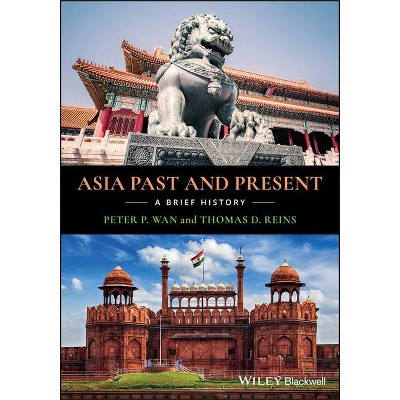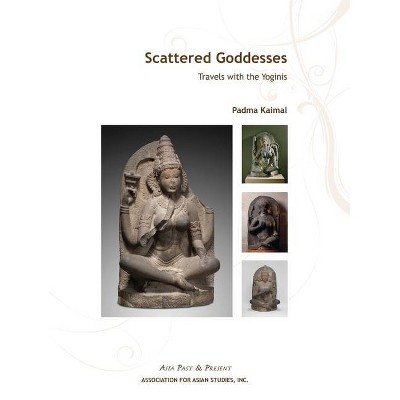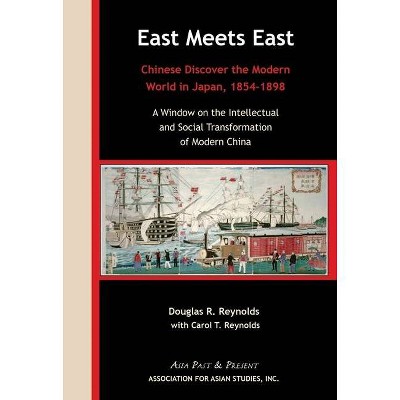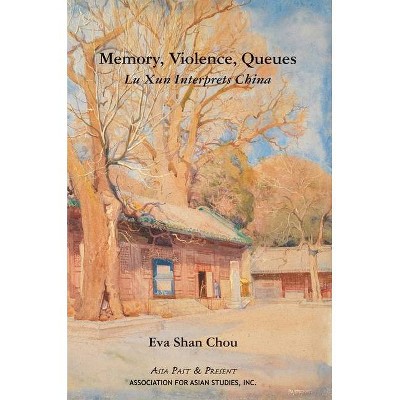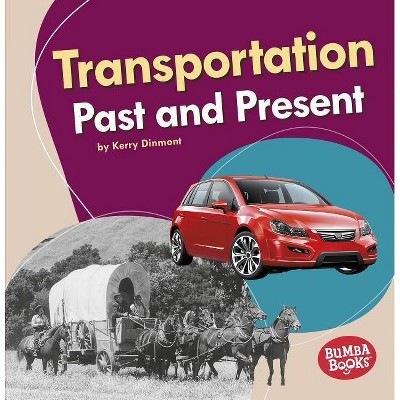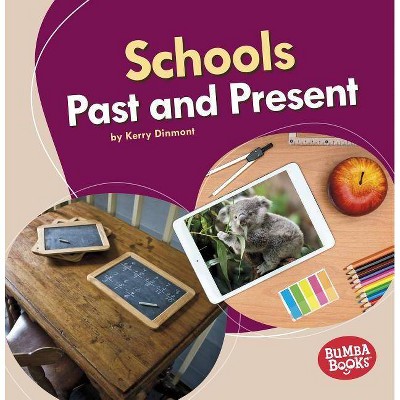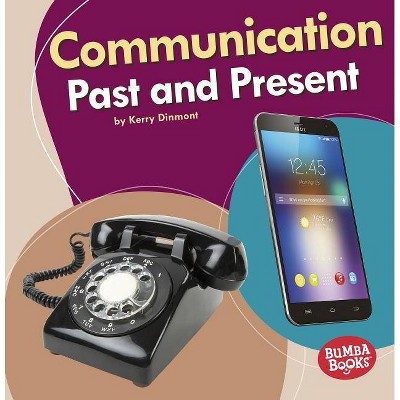Tribe and State in Asia, Past and Present - (Asia Shorts) by Sumit Guha (Paperback)
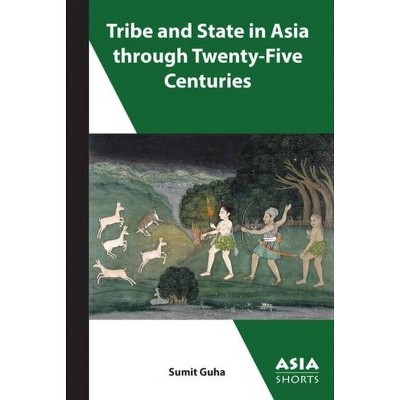
Similar Products
Products of same category from the store
AllProduct info
<p/><br></br><p><b> About the Book </b></p></br></br>This book analyzes how the word "tribe" has morphed and spread through the centuries. It goes behind the label to bring out the social, military, and environmental settings that gave it its various meanings.<p/><br></br><p><b> Book Synopsis </b></p></br></br>'Tribe' is one of the oldest words in Western languages. It has now globalized. Discourses in and on Asia frequently employ the label 'tribe' as a loan-word or in an Asian-language equivalent. This may be positive, used to market crafts and fabrics; it may be neutral, used in legal and administrative practice and in conflict zones, or it may be a pragmatic descriptor of a social organization and military capacity. The name has persisted through fifty years of academic denunciation of its emptiness. This book analyzes how the word 'tribe' has morphed and spread through the centuries. It goes behind the label to bring out the social, military and environmental settings that gave it its various meanings. Sumit Guha thus offers non-specialist readers an overview of 17 million sq. miles through two thousand years to the present.<p/><br></br><p><b> About the Author </b></p></br></br>SUMIT GUHA is Frances Higginbotham Nalle Centennial Professor in History at the University of Texas at Austin and author of <i>Beyond Caste: Identity and Power in South Asia, Past and Present and Environment and Ethnicity in India, 1200-1991.</i>
Price History
Price Archive shows prices from various stores, lets you see history and find the cheapest. There is no actual sale on the website. For all support, inquiry and suggestion messages communication@pricearchive.us
